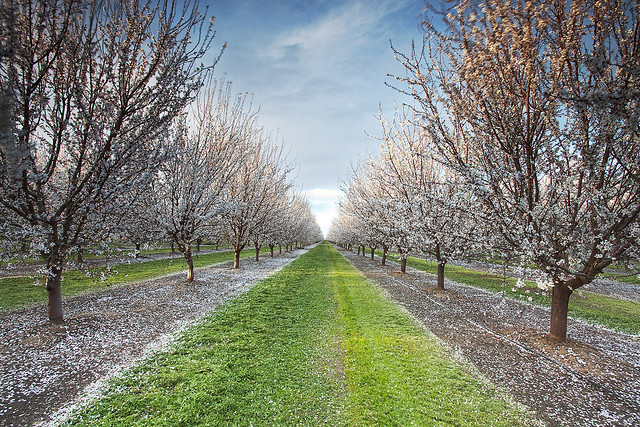Someone seems to have missed the point of the original question "Could there be too many beekeepers ."
The number of beekeepers in the UK hasn't reached saturation point and are unlikely to do so any time soon."
Don't know how you consture that??
We mustn't forget the pollination aspect of beekeeping . Pollination of none commercial varieties of flora!.
I don't forget this, for the past many years I have been writing to 3 MPs, a Minister 2 Local Councils (98 Councillors), Four District Councils and Councillors, 2 MEPs and anybody else who might be of help in returning some of our traditional flora and fauna. In the early 80s we wrote to MAFF et al asking for imports to be banned until varroa was brought under control abroad. And you have done ....... ???
"The average number of hives maintained by amateur (for the love of it ) beekeepers is 5 .
These are spread around in places of little interest to the commercial beekeeper with higher numbers of hives located in greater quantities but located for maximum yield or pollination fees !
There is room for all aspects of the hobby to co-exist ! "
Yes, we understand demographics 
"Some of your comments could be construed as the uttering's of an aspiring commercial beekeeper wishing the competition to be eradicated ?"
To think that any one person could stop the steam-roller of government promotion would be foolish in the extreme and bigger fools look on or think it. BTW as well as incorrect assumptions, the use of the word uttering's is incorrect AND on behalf of the Apostrophe Abuse society I would like to say there is no need for an apostrophe in utterings as it is plural not possessive. Some help available here
Reference to 'Tax avoidance :- . Have you really done the sum's ?
If you were to tabulate the outgoings of the average hobbyist beekeeper , including all the equipment , medication, education, insurance , bottles, jars ,lids ,labels transportation costs, feeding ( Up to June in the occasional really bad year) and a host of hidden expenses . You would find very little if indeed, any profit from a varying number of hives from 1-5 !
The government wants the number of bees increased and the other business that generates is good for HMRC too, so they leave things alone while it's going along nicely.
I did not refer to Tax avoidance and IF that is what I meant I would have said Tax evasion.
I said:
"
Sounds like he COULD be one of the "monkey see monkey do" brigade who sell cheap and make a rod for the backs of those who are asking a fair price AND providing employment AND paying tax on the proceeds........... ??
"
"The pollination by honey bees in urban areas is vital for a whole system of interdependent life forms from the humblest of insect to the Birds Ect. Well thank you Oh Wise One

No, the hobbyist IS the back bone of beekeeping .
Remember the age of the hobbyist commencement is 50 plus , no one lives forever ( Except one I know ,who is working hard at it

)
Live and let live !!!!
VM



















































